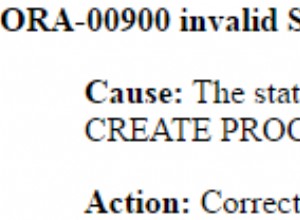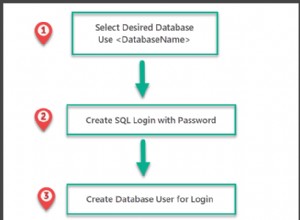Zakładam, że (patient_id, adherence_date, scheduled_time) jest unikalny w Twojej tabeli, co oznacza, że pacjent może zarezerwować raz na „slot” i datę.
with medication_adherences as(
-- This is your test data
select 10049 as patient_id, 1 as id, date '2017-10-01' as adherence_date, 'morning' as scheduled_time, timestamp '2017-10-31 19:59:19' as acknowledged_at from dual union all
select 10049 as patient_id, 2 as id, date '2017-10-01' as adherence_date, 'afternoon' as scheduled_time, null as acknowledged_at from dual union all
select 10049 as patient_id, 3 as id, date '2017-10-01' as adherence_date, 'night' as scheduled_time, timestamp '2017-10-31 19:59:19' as acknowledged_at from dual union all
select 10049 as patient_id, 4 as id, date '2017-10-02' as adherence_date, 'morning' as scheduled_time, timestamp '2017-10-31 19:59:19' as acknowledged_at from dual union all
select 10049 as patient_id, 5 as id, date '2017-10-02' as adherence_date, 'afternoon' as scheduled_time, timestamp '2017-10-31 19:59:19' as acknowledged_at from dual union all
select 10049 as patient_id, 6 as id, date '2017-10-02' as adherence_date, 'evening' as scheduled_time, timestamp '2017-10-31 19:59:19' as acknowledged_at from dual union all
select 10049 as patient_id, 7 as id, date '2017-10-02' as adherence_date, 'night' as scheduled_time, null as acknowledged_at from dual
)
select adherence_date
,sum(case when scheduled_time = 'morning' then nvl2(acknowledged_at,1,0) end) as morning
,sum(case when scheduled_time = 'afternoon' then nvl2(acknowledged_at,1,0) end) as afternoon
,sum(case when scheduled_time = 'evening' then nvl2(acknowledged_at,1,0) end) as evening
,sum(case when scheduled_time = 'night' then nvl2(acknowledged_at,1,0) end) as night
from medication_adherences
where patient_id = 10049
group
by adherence_date;
Logika działa tak:
- jeśli Confirmd_at ma wartość null, to agregujemy 0 (przez nvl2)
- jeśli potwierdzone_at jest nie null to agregujemy 1 (przez nvl2)
- jeśli nie ma rekordu dla tej szczeliny czasowej, agregujemy wartość null (od przypadku, gdy ... nie powiodło się)




